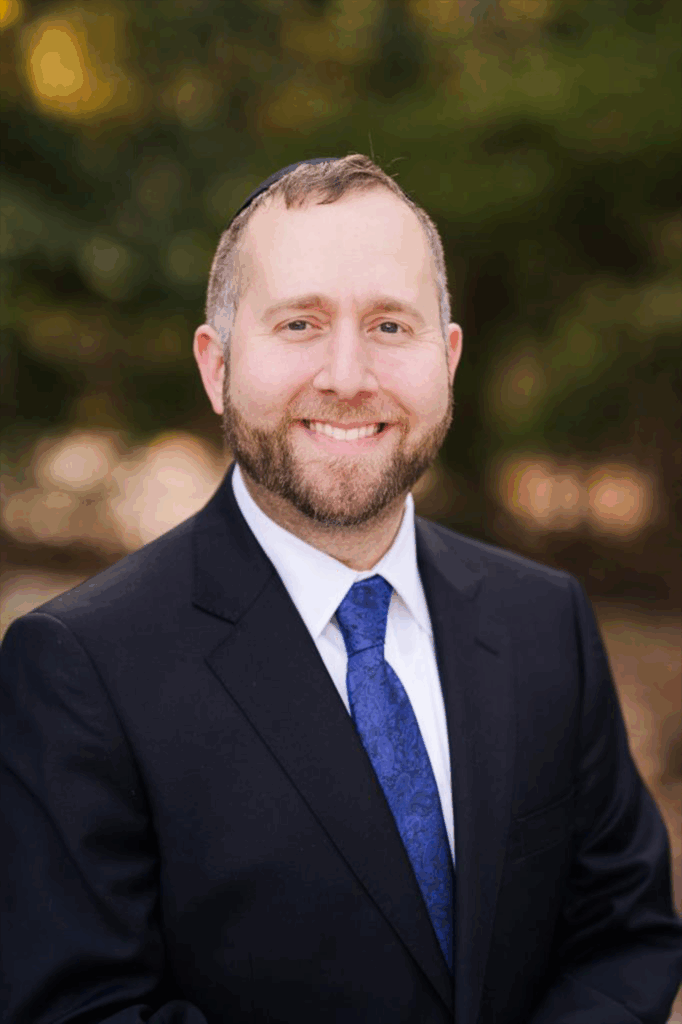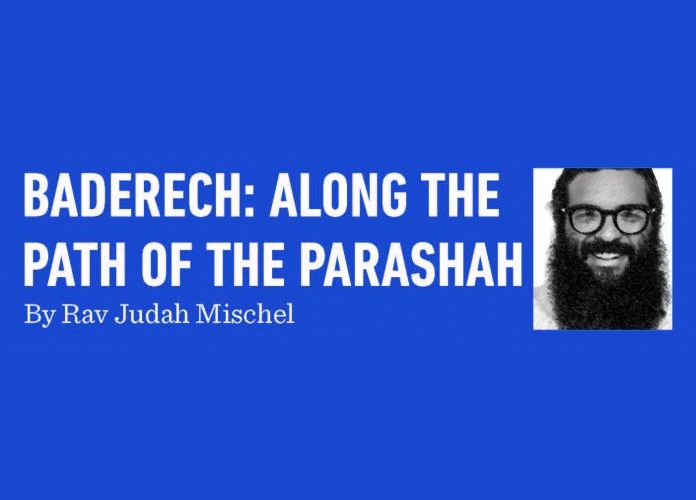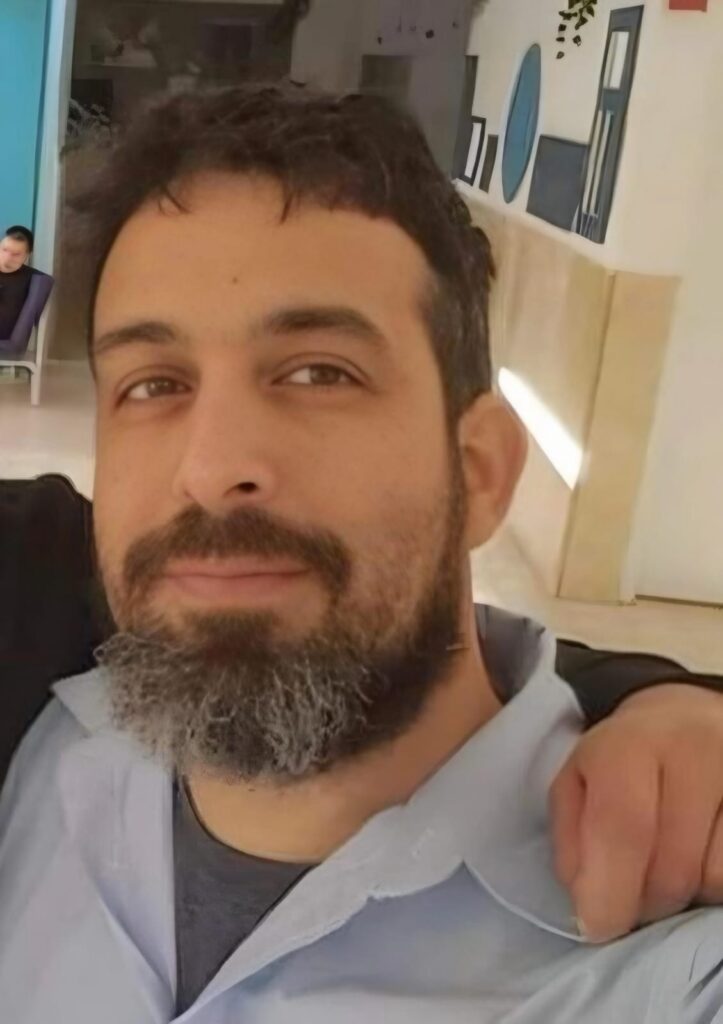Davening With Hashem
By: Rabbi Moshe Hauer
Prayer is hard.
How do I address an invisible abstraction? How can I get into my davening if I am reading the same script over and over again, day after day, multiple times a day? And then there are those nagging doubts about whether this G-d we are talking to really cares.
This is the time for us to deal with those issues. It is prayer season. Beginning with Selichot, through Rosh Hashanah next week, and then finally Yom Kippur, we will invest a lot of our time and energy into prayer, “dwelling in the house of Hashem all of the(se) days of our lives.”
But how do we deal with those core issues with our davening?
The good news is that the first two will be significantly taken care of for us. For this season, our prayer environment will be adapted in ways that make our encounter with Hashem more tangible, including changing the drapes and table covers in shuls to a heavenly pure white, opening the aron kodesh (holy ark) frequently, and bowing completely to the ground. The seasonal prayers are anything but routine, as we say different words from a different book and accompany our prayers with a generous measure of inspiring song. These changes make the Yamim Noraim prayer experience more tangible and fresh.
But what about those nagging doubts about whether the G-d we are talking to really cares?
A single word in our parashah—v’shav—gives us two valuable insights that can help.
And it will be, when all these things come upon you, the blessing and the curse which I have set before you, you will consider in your heart among all the nations where Hashem your G-d has banished you. You will then return to Hashem your G-d with all your heart and with all your soul, and you will listen to His voice according to all that I am commanding you this day, you and your children. V’shav, Then Hashem your G-d will return (with) your exiles and He will have mercy upon you. He will once again gather you from all the nations where Hashem your G-d, had dispersed you. (Devarim 30:3)
Rashi notes that the Torah does not write the word v’heishiv, which would mean that G-d will bring us back, but v’shav, describing G-d Himself returning from exile. “Our sages learned from here that it is as if G-d experiences the difficulties of Klal Yisrael’s exile along with them to the extent that it is as if He Himself is redeemed when Klal Yisrael returns home.”
This comment teaches us two critical perspectives for anyone engaged in prayer.
First, the G-d we are speaking to really does care.
There is a cynical Yiddish expression, a mentsch tracht un Gott lacht, “man plans and G-d laughs.” That statement portrays G-d as playing games with us, watching us lay hope-filled plans only to delight in then pulling the rug out from under us. That perspective is antithetical to our belief system. We describe Hashem in the beginning of every prayer as the gomeil chassadim tovim, the One who grants perfect kindness, Who created the world as an act of kindness, olam chessed yibaneh (Tehillim 89:3). Yes, it is true that man plans and G-d decides, rabot machashavos b’lev ish va’atzat Hashem hi takum (Mishlei 19:21). But when G-d for one reason or another decides in His wisdom and kindness that things should not go as we had planned, He does not laugh at us. He cries with us. B’chol tzaratam lo tzar (Yeshayahu 63:9). All our difficulties are His difficulties. G-d tends to His people like the shepherd for his sheep, k’vakarat ro’eh edro.
Second, we are not just asking G-d for what we need. He k’vayachol needs it too.
G-d also had plans and dreams. He created a delightful world with the hope that it would reflect its Creator, that the people He created in His image and placed within it would walk in His ways and recognize His being and presence, filling the world with faith and truth, morality and kindness. Every year on the anniversary of that creation—on Rosh Hashanah—G-d revisits His plan and sees how it is progressing. We can only imagine how He feels. Gott tracht un mentsch lacht, G-d had plans and we did not take them seriously. Recognizing this, we realize that the sad and troubled state of the unredeemed world in which we live, that source of so much human pain, is not just our problem; it is His too. In the words of the mystics, Shechinta b’galuta, the Divine Presence itself is in exile. We want to come back; He wants to come back. V’shav.
On Rosh Hashanah and in every prayer of the year we say precious little about ourselves. The bulk of our prayers focus on our hopes for a better world, one that is filled with the knowledge of G-d, the restoration of justice, the strengthening of the forces of good and the weakening of the evil, the rebuilding of Yerushalayim, and the sounding of the Shofar associated with that moment at Sinai when the delicious words of the Torah first brought us together and filled the world. These are things that we care enough about to pray for constantly. And these are the things that G-d really cares about.
V’shav. G-d goes with us and returns with us. He feels our needs, pains, and disappointments, and we feel His. We pray to Him and we pray with Him. Hashiveinu Hashem eilecha v’nashuva. G-d, restore our closeness to You and then we can return home to Yerushalayim together. n
Rabbi Moshe Hauer is executive vice president of the Orthodox Union (OU), the nation’s largest Orthodox Jewish umbrella organization.















